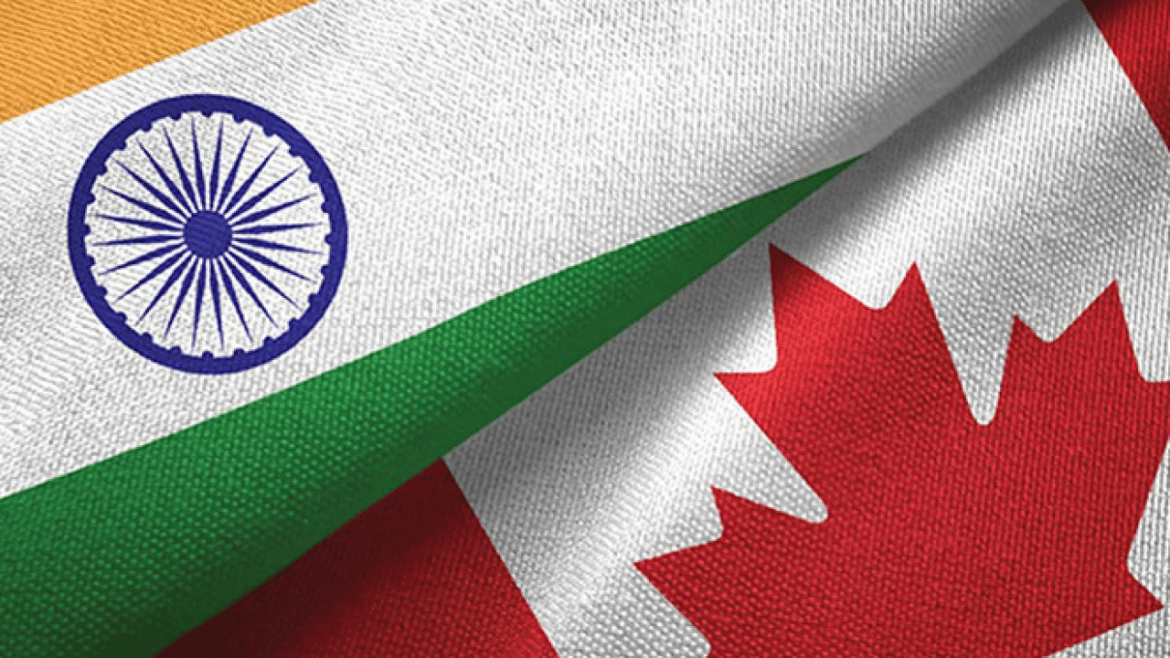AI Generated Summary
- This is a politically sensitive topic due to the large Sikh diaspora in Canada, some of whom are sympathetic to the cause of Khalistan, a proposed sovereign state in the Punjab region.
- Canada is home to one of the largest Indian diasporas in the world, making it a crucial partner for India, especially considering that it is also India’s top overseas study destination.
- It is important to note that these allegations and concerns represent a small fraction of the Sikh community in Canada, most of whom are not involved in any such activities.
Recent statements by Prime Minister Justin Trudeau’s national security adviser, Jody Thomas, suggesting that India is among the top sources of foreign interference in Canada, have led to a flurry of media reports and public concern. It is, however, important to consider these statements in a wider context and critically evaluate the evidence for such claims before jumping to conclusions.
First and foremost, the relationship between Canada and India is built on a mutual commitment to democracy and pluralism. Both nations are former British colonies and full members of the Commonwealth of Nations. Canada is home to one of the largest Indian diasporas in the world, making it a crucial partner for India, especially considering that it is also India’s top overseas study destination.
It is also crucial to understand India’s position on the global stage. As the world’s largest democracy, with more than 1.3 billion people, and on track to become the world’s third-largest economy, India’s rise to power has been met with expectations about how it will change the global order. India has always maintained its sovereignty and independence in its international affairs, seeking its place as a leading power and setting its own terms on everything from defense to climate to trade.
In this context, the claims of India’s interference in Canada appear to be based more on speculation than on concrete evidence. It’s imperative that allegations of foreign interference be substantiated with clear and compelling proof. In the absence of such proof, it’s reasonable to question whether such claims are based on misinterpretations or misunderstandings of the dynamics of the India-Canada relationship.
It is no secret that there has been a presence of Sikh separatist activity related to the Khalistan movement in Canada for several decades. This is a politically sensitive topic due to the large Sikh diaspora in Canada, some of whom are sympathetic to the cause of Khalistan, a proposed sovereign state in the Punjab region. The Indian government, at times, has objected to referendums and events being conducted on Canadian soil, as that has a direct impact on India’s internal politics.
Historically, the movement was most active during the 1980s and 1990s, and there were incidents linked to Sikh extremists in Canada, most notably the bombing of Air India Flight 182 in 1985. In recent years, India has alleged that there is ongoing interference from Khalistan supporters based in Canada, including claims of support for the movement from certain Canadian political figures.
Jagmeet Singh, leader of Canada’s New Democratic Party (NDP), known for his pro-Khalistan stance, has been accusing India of meddling in Canadian affairs. Singh has recently urged Ottawa to downgrade diplomatic relations with India, citing concerns over human rights.
Singh faced backlash on social media in March for his alleged interference in India’s internal matters. He raised “concerns” regarding India’s actions against Amritpal Singh, a sympathizer of the Khalistan movement.
However, it is important to note that these allegations and concerns represent a small fraction of the Sikh community in Canada, most of whom are not involved in any such activities.
Rather than focusing on allegations of interference, it would be more constructive for Canada to concentrate on strengthening their partnership, leveraging their shared commitment to democratic values and their economic and scientific ties. By doing so, Canada and India can continue to build a relationship that benefits both nations and contributes positively to global stability and progress.




